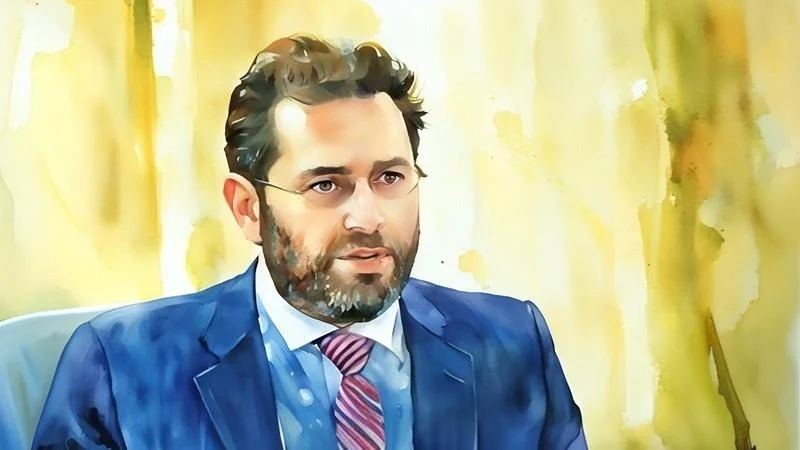Governments and activists use the United Nations to gain legitimacy for their agendas. Hillel Neuer of UN Watch argues that dictatorships go further by “hijacking” UN bodies, and that the U.S. should work to prevent this predictable and predatory practice.
Neuer leads UN Watch in Geneva and since 2009 chairs the Geneva Summit for Human Rights and Democracy, a coalition of 25 NGOs that elevates dissidents from oppressive regimes.
UN Geneva gives NGOs a microphone. “In Geneva, we are on the ice,” Neuer says. “We invite champions of human rights—people just out of prison in China, Venezuela, Zimbabwe, Iran—and we bring them to confront their oppressors.” The Geneva Summit extends that platform each February, where UN Watch has hosted figures such as Rebiya Kadeer, Nury Turkel, Chen Guangcheng, and young activists speaking for imprisoned parents.
China’s posture at the UN, Neuer says, transformed over 20 years. “When I arrived some 21 years ago, China played a long game, cautious, not overly ambitious. Today it ambitiously seeks to exercise substantial power by taking over key UN agencies.” He points to leadership captures at technical bodies and to pressure campaigns that steer votes and agendas.
The World Health Organization is at the center of his critique. “During Covid, the director general parroted the Chinese regime’s line,” he says. “His predecessor from Hong Kong is China’s candidate.” He adds, “Taiwan is denied credentials to the World Health Assembly,” despite its health capacity. Even soft-power levers matter, he says. “WHO goodwill ambassadors include figures tied to Chinese state propaganda … they use the imprimatur to push Beijing’s narrative.”
Influence often runs through deals and threats, according to Neuer. “China approaches states and says, ‘vote for our guy,’ and there will be investment, trade, maybe a paved road,” he says. “If a country signs a statement criticizing abuses, a major order gets canceled the next day.” He cites letters warning ambassadors to skip side events on Uyghur repression. “If you go to that event, you’re in big trouble.”
The Human Rights Council illustrates the cost of silence. “At a minimum, Western countries must speak out when electing China, Cuba, Egypt, Vietnam, Pakistan,” he says. “Dissidents in prison read that headline—‘elected to the Human Rights Council’—and it is a kick in the stomach.”
He proposes a structural fix if democracies will not fight these votes. “Scrap the elections and make membership automatic rotation so regimes cannot brandish a false badge of legitimacy.”
According to Neuer, UN Watch pairs advocacy with watchdog work on UN malpractice. “China runs numerous front groups—so-called NGOs—with badges inside the UN,” he says, recalling an event where a security guard seized a device from a purported NGO representative who was photographing a speaker and her computer.
He also describes a whistleblower case inside the UN rights office. “Bureaucrats give China advance names of dissidents registered to speak … that is extremely dangerous,” he says, noting retaliation against the official who tried to stop it.
The dilemma for democracies remains unresolved, he says. “Pulling out can create a vacuum China fills; staying can grant undue legitimacy. An à la carte approach makes sense—fight where presence advances freedom, withhold legitimacy where the institution refuses basic standards.”









